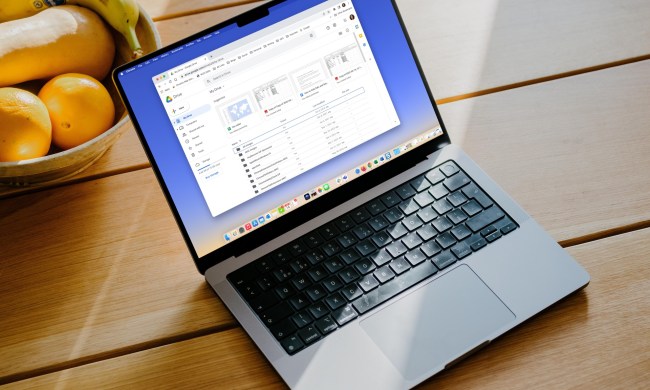
After introducing a major browser redesign with Chrome 69, Google is once again finding itself in the midst of a privacy controversy. Irate users reported that Google had materially altered the way Chrome Sync works without informing its users of the changes. Now, whenever you log into a Google service — like Gmail — on Chrome 69, Google will automatically log you into the browser. Google denied that it made the changes to track its users.
Users are concerned that the synchronization of login could be a violation of privacy and trust. When you log into a Google service through your Chrome browser, Google will automatically also log you into the browser. This change occurred after the Chrome 69 update, and users are concerned that your local browser data — such as passwords, bookmarks, web history, and more — could be automatically uploaded and synchronized to Google’s servers.
“Any time someone using Chrome logs into a Google service or site, they are also logged into Chrome-as-a-browser with that user account,” user Balint explained on his personal blog. “Any time someone logs out of a Google service, they are also logged out of the browser. Before Chrome 69, Chrome users could decline to be logged into Chrome entirely, skipping the use of Sync and other features that require a login and they could use Chrome in a logged-out state while still making use of Gmail, for example.”
Google denies that it is automatically synchronizing your local information with its servers through this change. Google explained that in order for local data to be synchronized, an additional step is needed and the user must consent. Signing into a service does not automatically do that, Google said.
“Chrome desktop now tells you that you’re ‘signed in’ whenever you’re signed in to a Google website,” Chrome engineer and manager Adrienne Porter Felt said on Twitter through a series of tweets. “This does NOT mean that Chrome is automatically sending your browsing history to your Google account! In the new version of Chrome: when you sign in or out of a Google website, Chrome UI shows your sign-in status in the top right corner.
Prior to this change, a user can log into Google services like Gmail or Hangouts without having to log into the browser, but Porter Felt claims that such a scenario led to confusion whenever shared computers are used. “My teammates made this change to prevent surprises in a shared device scenario,” she said. “In the past, people would sometimes sign out of the content area and think that meant they were no longer signed into Chrome, which could cause problems on a shared device.”
Google has also updated its Chrome privacy policy to offer more clarification on the changes.
This privacy controversy adds to the list of problems that some Chrome users have been experiencing since the big update.


